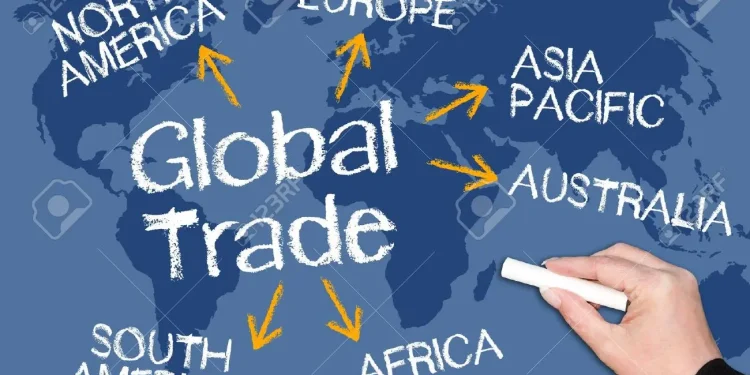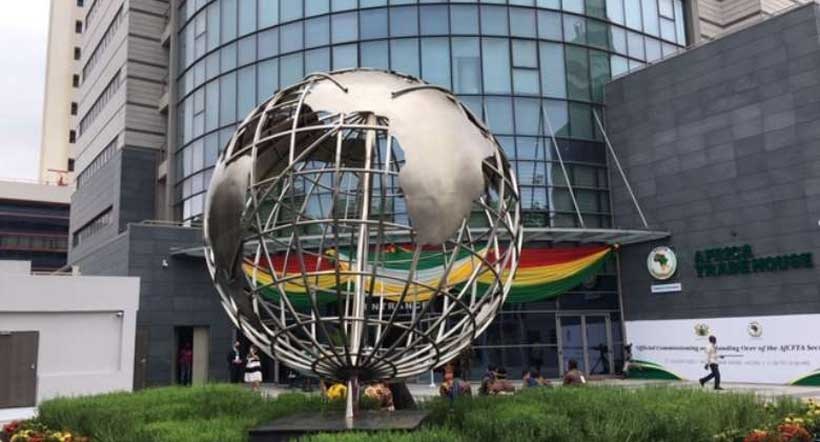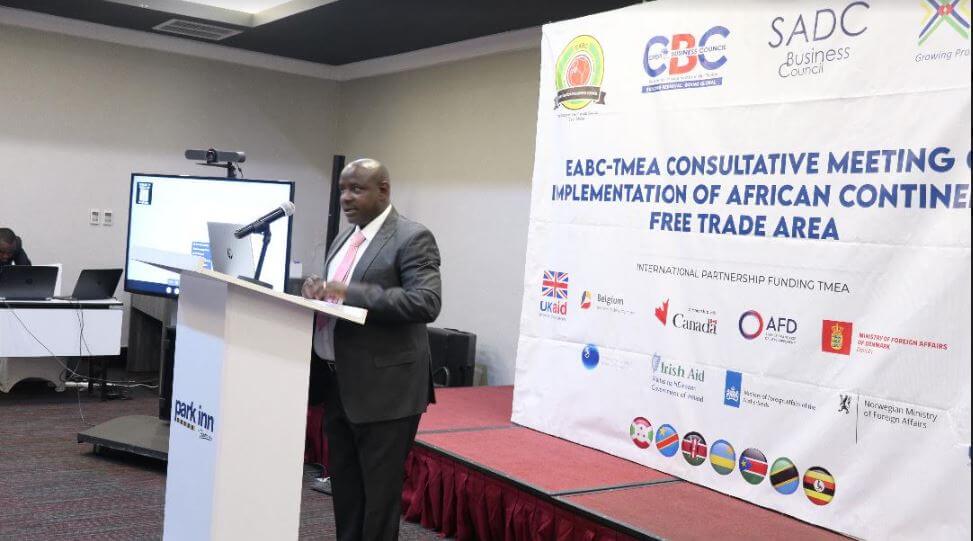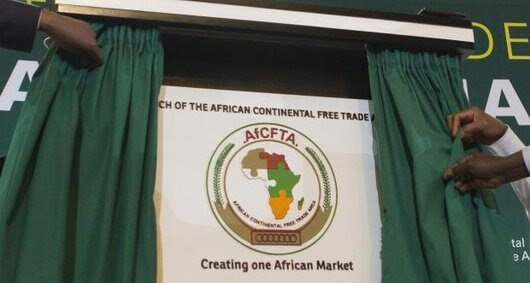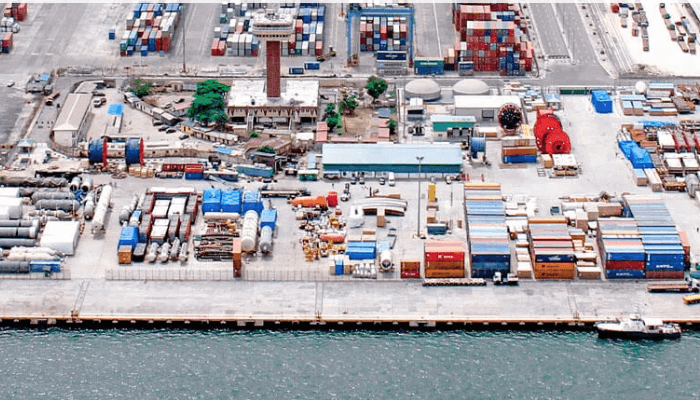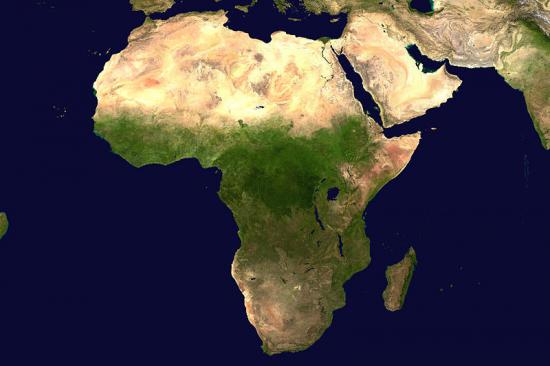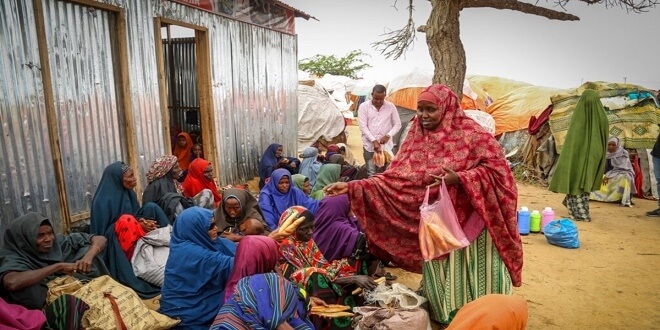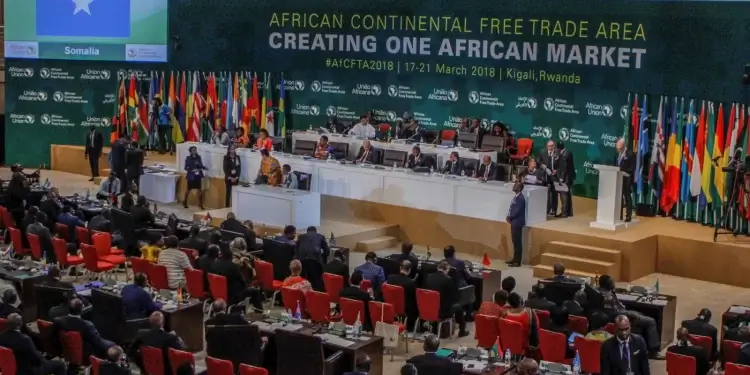Increased intra-African trade is an effective option to pave the way for post-Covid-19 economic recovery and food security. The COVID-19 epidemic threw Africa’s growth trajectory off course. African nations have attempted to unilaterally liberalize trade and participate in free trade and regional integration agreements. Nations launched the AfCFTA as one of the actions made to support more extensive intra-African trade. The sweeping effects of Covid-19 The health and economic implications of the COVID-19 pandemic dramatically raised the number of individuals living in severe poverty in Africa. In 2010, Africa’s extreme poverty threshold was 40.2 per cent, with a poverty level of US$1.90 daily in purchasing power parity, and it had dropped to 34.1 per cent by 2019. Nonetheless, this percentage drop in poverty incidence was insufficient to lower the overall number of poor individuals. Given the growth in population size, the number of individuals living in severe poverty in Africa grew from 408 million to 442 million between 2010 and 2019. The economic and health implications of the COVID-19 pandemic forced 27 million more people into extreme poverty in Africa in 2020 compared to 2019 and almost 51 million compared to the pre-COVID-19 period. The COVID-19 epidemic threw Africa’s growth trajectory off course. The epidemic had a significant socioeconomic toll, threatening the existence of half of the continent’s micro, small, and medium-sized companies (MSMEs). Four out of every five African enterprises saw a significant drop in revenue. As African nations relaunched their economies and phased away COVID-19 limitations, the repercussions of the Ukraine crisis...
Enhancing intra-African trade will heighten economic recovery and promote food security
Posted on: August 31, 2022
Posted on: August 31, 2022

